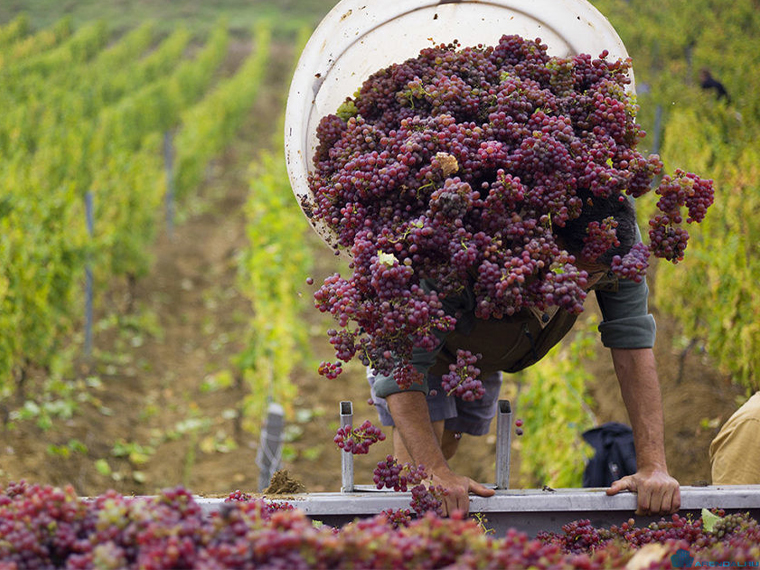


While winemakers would all love to be able to put grapes in a vat, let the fermentation get going and bottle the end results, grapes are a direct agricultural product and almost never arrive at the winery in perfect shape. Grapes almost never arrive at the winery in perfect shape
Natural wines plus#
Processing aids, which shouldn't remain in the finished wine, include isinglass (from fish swim bladders) albumin, casein, gelatine (from eggs, milk, animal carcasses) PVPP (Polyvinylpolypyrrolidone) and activated charcoal (all used to clarify and adjust colour) Potassium ferrocyanide (used to correct excess copper or iron in white and rosé) copper sulphate (to prevent reduction problems) lysozyme and pectolytic enzymes bentonite clay, plus yeast and yeast products.
Natural wines full#
However, the full list of additives is too long to mention here but includes things like tartaric and citric acids, gum arabic, potassium sorbate, vitamin C, tannins, sugar (to boost alcohol), carboxymethyl cellulose (helps prevent crystals forming), dimethyl dicarbonate (used to kill microbes), those sulphites already mentioned, and concentrated grape extracts like the infamous Megapurple used to boost colour and mouthfeel. Wine can contain additives (look away now!!) One bizarre quirk of EU law is that wine is exempt from having to list ingredients on the label, apart from the recent requirement to declare certain potential allergens like sulphites if over 10mg/l or, since the 2012 vintage, eggs or milk products used for clarification if residues are over 0.25mg/l. It may also be a shock to realise quite how many permitted additives and processing aids can be involved in winemaking. He has been a trail-blazer for the pursuit of a more natural approach to winemaking. Gérard Gauby doing what comes naturally in the Roussillon. Some readers might recall the minefield of buying wine back in the 1970s and 1980s. However, there's no doubt that all this technology has made wine much more consistent and generally a reliably drinkable product. Shiny stainless steel, computer controls with banks of flashing lights, cross-flow filters, centrifuges and electrodialysis take the romance away from wine for many. Natural winemaking is a philosophy of low intervention, probably driven by reacting against what is seen by many as the industrialisation of wine. So really it's a self-proclaimed movement of winemakers who want to make wine without 'chemicals' or additives (personal hobby horse here - you often hear the word 'chemical' thrown around as signifying bad, but where would we be without chemicals like dihydrogen monoxide or good old H2O I wonder?). They welcome couples, family groups and small tour groups of up to 18.The first question is what 'natural' means when it comes to winemaking? Unlike terms such as 'organic' and 'biodynamic', there is no legal definition nor certifying standard. For groups of five or more, he will happily share his knowledge with you.īook in for a personalised wine tasting, guided visit, a sharing platter of exquisite home-grown and local produce or a walk around the trail. If you would prefer a guided walk, farmer Don is passionate about farming and conservation working together and has a wealth of knowledge about the landscape, the native flora and fauna, indigenous culture and our pastoral history. The 1.4-kilometre walking trail - an easy, 40-minute walk, takes you beside an old river system that existed 40,000 years ago, and sites of Indigenous heritage and ecological significance. They grow and make their own certified organic, minimal intervention, flavourful wines right here in their quirky underground winery, doing their utmost to tread lightly on the earth and preserve the natural bush setting they love. The perfect excuse for a leisurely day out. Restdown Wines is set on 1100 acres of natural bush and farmland, encompassing a certified organic vineyard, winery (and cellar door), beef farm, and Wetland Walking Trail, featuring Indigenous heritage sites.


 0 kommentar(er)
0 kommentar(er)
